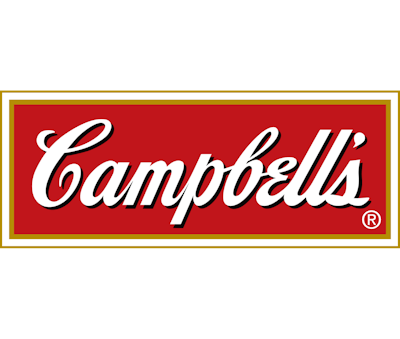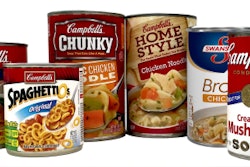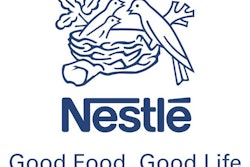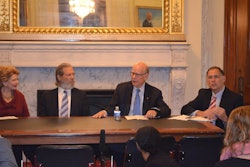
Campbell Soup Co. announced its support for the enactment of federal legislation to establish a single mandatory labeling standard for foods derived from genetically modified organisms (GMOs).
Campbell is optimistic a federal solution can be established in a reasonable amount of time if all the interested stakeholders cooperate. However, if that is not the case, Campbell is prepared to label all of its U.S. products for the presence of ingredients that were derived from GMOs, not just those required by pending legislation in Vermont. The company would seek guidance from the FDA and approval by USDA.
Campbell continues to recognize that GMOs are safe, as the science indicates that foods derived from crops grown using genetically modified seeds are not nutritionally different from other foods. The company also believes technology will play a crucial role in feeding the world.
Campbell has been engaged in the conversation about GMO labeling for several years and has taken action to provide consumers with more information about how its products are made, including the presence of GMOs, through efforts like its website www.whatsinmyfood.com. With 92 percent of Americans supporting the labeling of GMO foods, Campbell believes now is the time for the federal government to act quickly to implement a federal solution.
Editors Insight: Campbell’s reversal from its previous position demonstrates the extent to which the food industry is vulnerable to public pressure to act in ways that are not necessarily in its best interest or that of the public. Whether or not GMOs pose a health risk is for experts to decide, but the evidence to date does not weigh on the side of the alarmists.
Food Logistics reported on 12/20/15 that an analysis by Julie Kelly, a contributor the Genetic Literacy Project and a cooking instructor and food writer, noted in The Wall Street Journal that the government has been approving genetically-modified food products based on scientific reviews. Nonetheless, the anti-GMO fearmongering continues and food companies cannot afford to ignore it.
At the end of October, Food Logistics reported that a large coalition of consumer groups were pressuring Campbell to stop funding GMO labeling efforts.
One of the most alarming aspects of this is that food producers are not relying on science in the ingredients they use. While pressure groups are making companies nervous about GMOs, where is the concern about the supply chain’s ability to assure “fresh” ingredients are safe, witness Chipotle?
The supply chain will play an important role in compliance because GMO information and other food data moves through the supply chain. The good news for the supply chain is that data management tools that are pivotal to creating food labels are more readily available. 1-8-16 By Elliot Maras



















